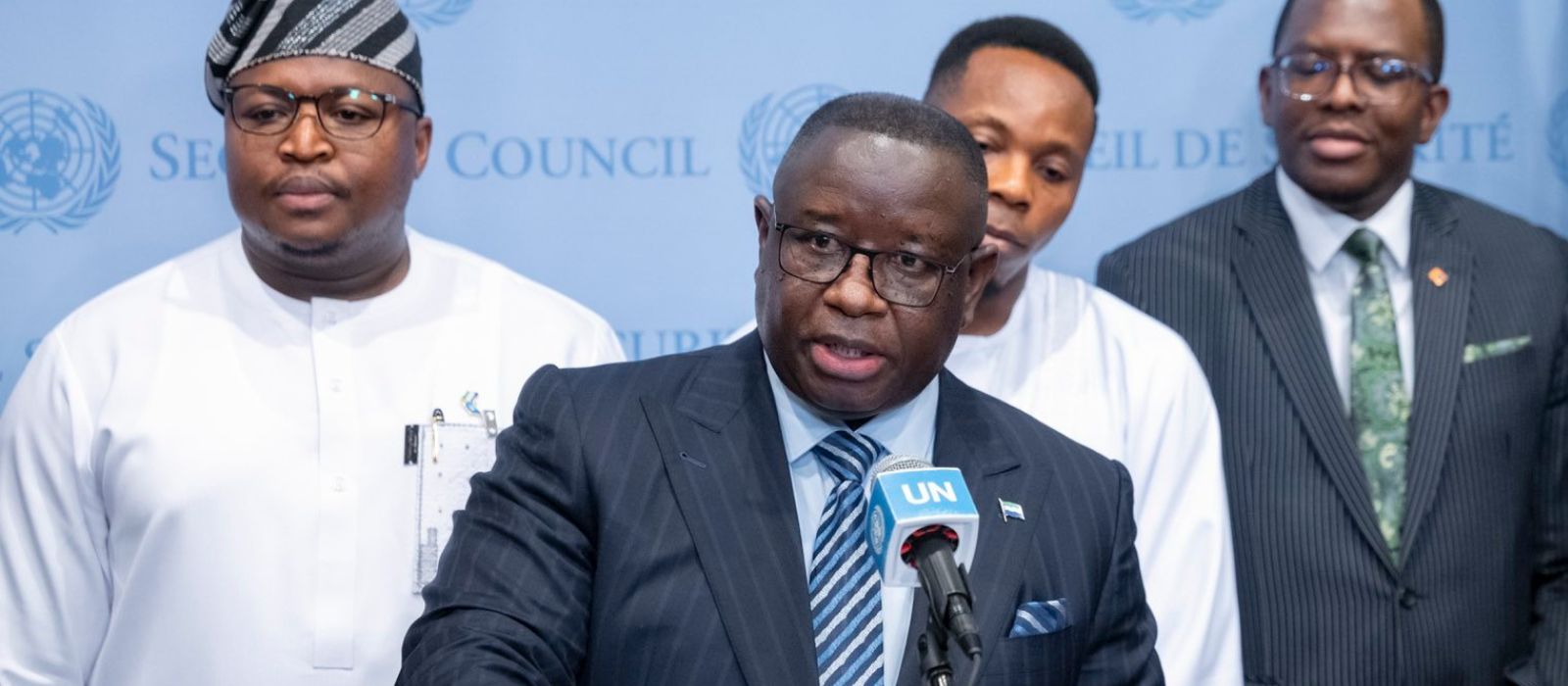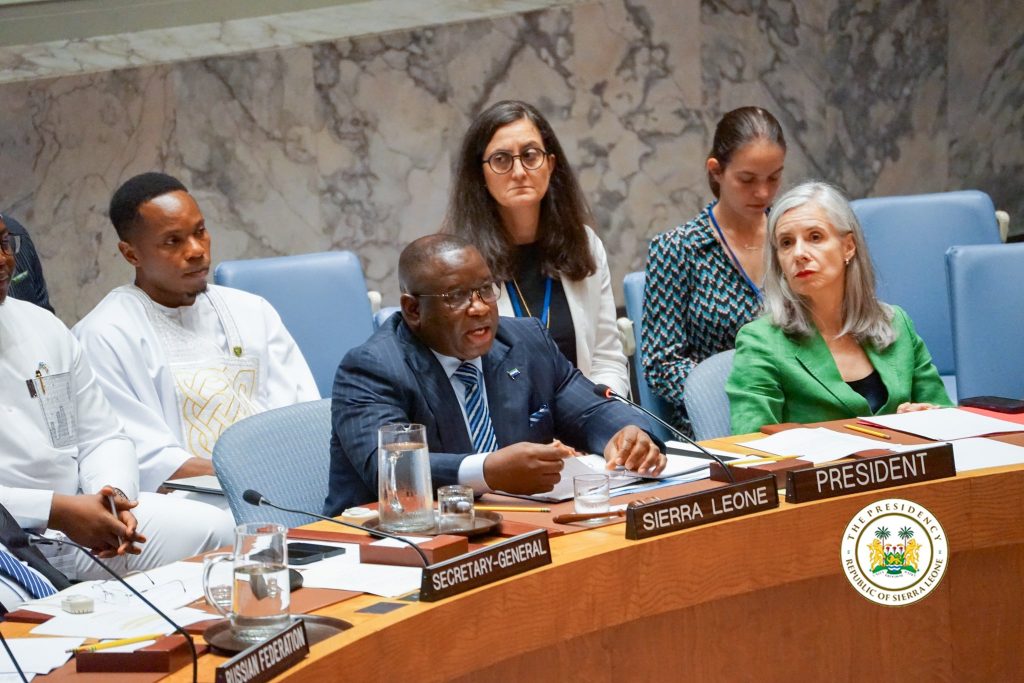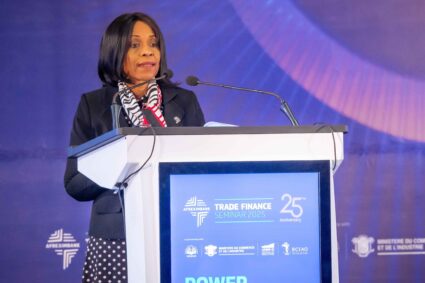
The UN Secretary-General has reiterated calls for reforming the outdated structure of the United Nations Security Council (UNSC), echoing demands made by African leaders. Among these calls is the request for a permanent seat on the Security Council, where most of the United Nations’ decisions are made.
Despite Africa being the only continent with almost half of the UN peacekeeping troops stationed on its soil, and with many of these peacekeepers hailing from the continent itself, Africa still lacks significant influence in UN decision-making.
The African Union has been advocating for at least two permanent seats and an additional two non-permanent seats on the Security Council. Currently, the UNSC comprises 15 member seats, including five permanent members—China, France, Russia, the United States, and the United Kingdom—and 10 non-permanent seats that are allocated regionally.
Speaking on behalf of Africa, President Julius Maada Bio of Sierra Leone demanded that the continent be granted at least two permanent and two non-permanent seats on the Security Council. “The African Union will choose the African permanent members. Africans want the veto abolished. However, if UN states wish to retain the veto, it must be extended to all new permanent members as a matter of justice,” President Bio stated.
UN General Assembly President Dennis Francis echoed this sentiment, emphasizing that Africa’s underrepresentation on the Security Council is a violation of the principles of equity and inclusion. “The fact that Africa continues to be manifestly underrepresented on the Security Council is simply wrong, offending as it does the principles of equity and inclusion,” he said.
Meanwhile, UN Secretary-General António Guterres added that while the world has evolved, the UN has only partially adapted to these changes. “The world has changed since 1945, but the composition of the Council, despite a few changes, has not kept pace,” said Secretary-General Guterres. “We cannot accept that the world’s preeminent peace and security body lacks a permanent voice for a continent of well over a billion people… nor can we accept that Africa’s views are undervalued on questions of peace and security, both on the continent and around the world,” he concluded.



